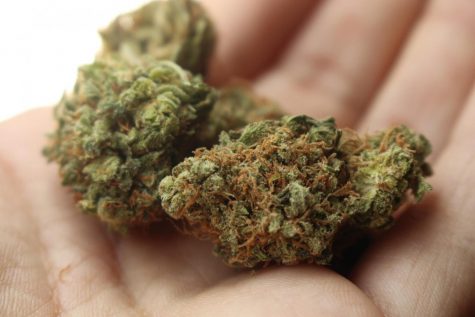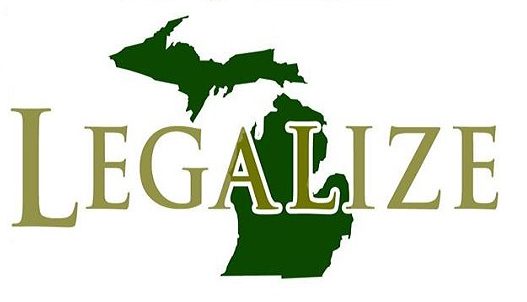Michigan Legalizes Marijuana
On November 6, 2018, the general election occurred, and on the ballot was a proposal to legalization the recreational use of marijuana.
In an article written on Ballotpedia, the author explains, with a 55.91% result of approval, Michigan became the tenth state in The United states to legalize recreational usage of marijuana. The bill proposed adults twenty-one years and older would have the ability to legally use and possess marijuana. According to state law, the new ballot goes into effect ten days after the results are in. Specifically, Michigan’s results take about three weeks to become certified after election day. Therefore, the new rules on marijuana will be in full swing by December 2018.
The new ballot permits Individuals to grow up to twelve marijuana plants on their property. The State Departments of Licensing is responsible for determining when the marijuana sales will begin, but within twelve months, retail stores can send applications to sell and the department must begin to accept them. There will be a sales tax of ten percent on any marijuana in the state of Michigan.
Kathleen Gray from the “The Detroit Press” wrote that proposal one allows individuals twenty-one and older to own, transport, grow, or process less than 2.5 ounces or fifteen grams of marijuana at a time. But, users can keep up to ten ounces from plants, that are not visible to the public, in sealed containers in the house for personal use. The law still remains that being under the influence while operating any motorized vehicle is still against the law, just like alcohol. Furthermore, smoking marijuana in public places is still illegal. The proposal also indicates that using marijuana less than one thousand feet from a local or private school unless the government adopts a new distance agreement.
Proposal one also explains that it is left up to the landlords and leaseholders to set rules on smoking marijuana on their properties and leaves it up to employers to punish employees for violating workplace rules of being under the influence.

“I think it is fair and it is a good thing that there are license requirements for the limitations of how much marijuana a person can have and sell because if there was not limitation it would be bad for the marijuana industry,” said an anonymous Adams student.
A marijuana micro business license allows no more than one hundred fifty plants, process and package marijuana, and sell marijuana. The class A grower is allowed to cultivate no more than one hundred marijuana plants and sell to establishments. Class B grower can cultivate no more than five hundred and sell to establishments. Finally, a class C grower can cultivate two thousand plants and sell to establishments. There will be a ten percent sales tax added to the already existing sales tax for a total of sixteen percent.
Furthermore, the website Ballotpedia reports that marijuana arrests are more than half of all the drug arrests made in the United States. About 52% of all drug arrests is because of marijuana. From 2001 to 2010 there have been 8.2 million marijuana arrests made within the United States, and 88% of the arrests were simply for the possession of marijuana, states an author from Ballotpedia.. When a person is arrested it is not cheap. The money is being wasted on the charges made with marijuana because these so called “criminals” take up space in a prison or jail. The funding for the prisons come from the people, which means this wasted taxpayer dollars.
“When you look at the number of people in our state and federal penitentiaries, who are there for possession of small amounts of cannabis, you begin to really scratch your head. We have literally filled up our jails with people who are nonviolent and frankly do not belong there,” said former House speaker, John Boehner.
The purpose of legalizing marijuana is to help clear up space in jails because of the overpopulation of drug offences associated with marijuana. The proposal will hopefully help the money to be spent in more efficient ways because there will hopefully be less people arrested, so the cost will be less within the jails. States waste about $3,613,969,972 enforcing marijuana laws every year. In 2016 nearly 600,000 people were arrested for simple marijuana possession, wrote Kathleen Gray. Now because of the legalization of this substance, there will hopefully be a decrease in arrests and increase in space within jails.







